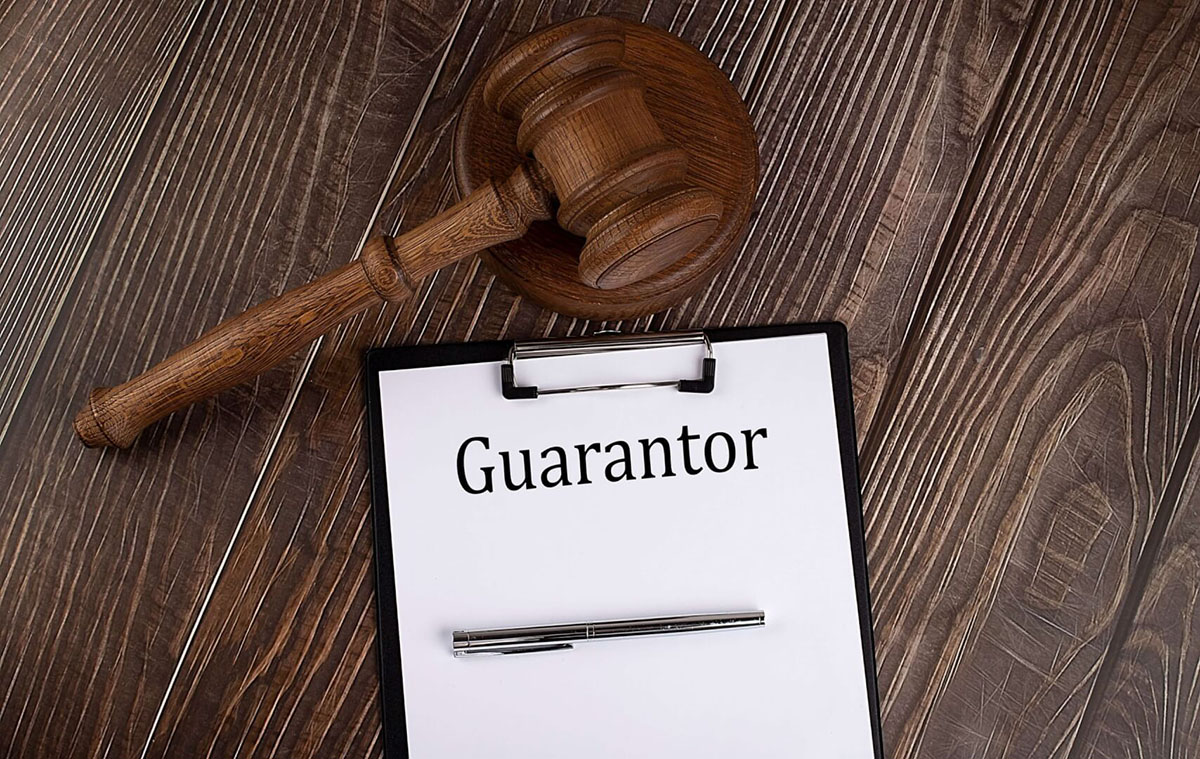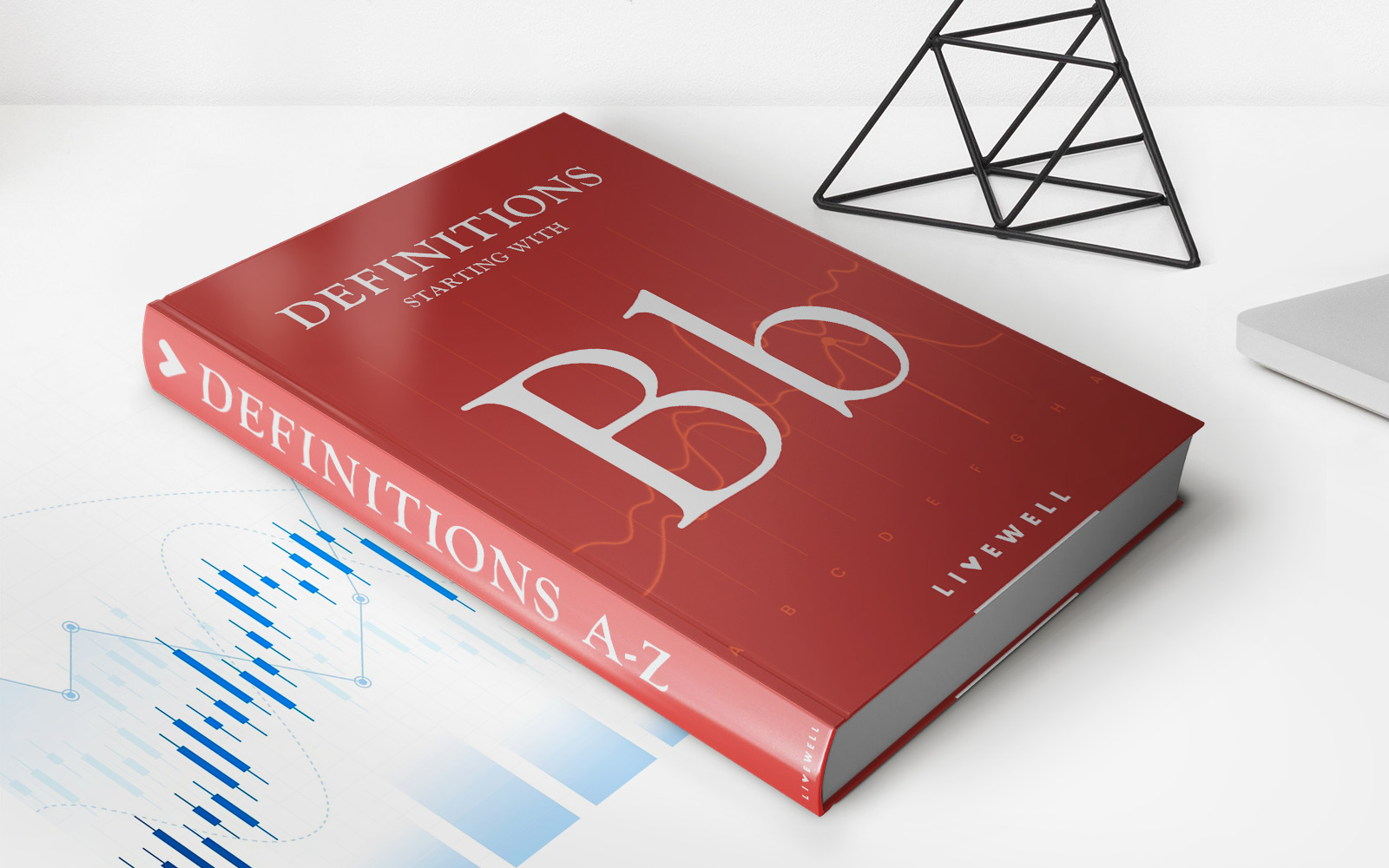

Finance
Who Should Not Purchase Property Insurance?
Published: January 22, 2024
Find out who should avoid purchasing property insurance and how it can impact your finances. Get expert advice on managing risks and protecting your investments.
(Many of the links in this article redirect to a specific reviewed product. Your purchase of these products through affiliate links helps to generate commission for LiveWell, at no extra cost. Learn more)
Table of Contents
Introduction
Risk Management: Who Should Not Purchase Property Insurance?
Property insurance is a crucial component of a comprehensive risk management strategy. It provides financial protection against unforeseen events that could damage or destroy valuable assets, such as a home, business property, or personal belongings. While property insurance is a prudent investment for many individuals and businesses, there are certain situations in which purchasing property insurance may not be necessary or practical. In this article, we will explore the circumstances in which individuals or entities may opt not to purchase property insurance, considering factors such as financial capability, property value, and alternative risk management measures.
It's important to recognize that the decision not to purchase property insurance should be based on a thoughtful assessment of the specific risks and financial implications involved. By understanding the scenarios in which property insurance may not be the best option, individuals and businesses can make informed choices regarding their risk management strategies. Whether it's due to financial constraints, property value, or alternative risk protection measures, there are instances where opting out of property insurance may be a strategic decision. Let's delve into these scenarios to gain a deeper understanding of who should not purchase property insurance.
Renters
For individuals who rent their homes or apartments, the decision to purchase property insurance is often influenced by the terms of their lease agreements and their financial circumstances. In many cases, landlords require tenants to have renters insurance to protect their personal belongings in the event of theft, fire, or other covered perils. However, there are situations where renters may opt not to purchase renters insurance.
Reasons why renters may choose not to purchase renters insurance:
- Financial Constraints: Some renters may face financial constraints that make it challenging to afford renters insurance premiums on top of their other living expenses. In such cases, they may prioritize essential needs over insurance coverage.
- Minimal Personal Belongings: Renters who own few valuable possessions may perceive the cost of renters insurance as outweighing the potential benefits. If their belongings have low monetary value, they may decide to forgo insurance and absorb the risk of loss themselves.
- Temporary Living Arrangements: Individuals who anticipate moving frequently or residing in a rental property for a short duration may opt not to purchase renters insurance, especially if they believe the likelihood of experiencing a covered loss within that period is minimal.
While renters insurance offers valuable protection for personal property and liability coverage, renters facing financial constraints or those with minimal valuable possessions may decide that the cost of insurance outweighs the potential benefits. It’s essential for renters to carefully evaluate their individual circumstances and the value of their belongings before deciding whether to purchase renters insurance.
Those Who Cannot Afford It
Financial constraints can significantly impact an individual’s ability to purchase property insurance. In some cases, the cost of insurance premiums may exceed the available budget, making it challenging for individuals to afford adequate coverage. As a result, there are segments of the population who may find themselves unable to purchase property insurance due to financial limitations.
Factors contributing to the inability to afford property insurance:
- Limited Disposable Income: Individuals with limited disposable income may struggle to allocate funds for insurance premiums, especially if they are prioritizing essential living expenses such as housing, food, and healthcare.
- High Insurance Premiums: In regions or markets where property insurance premiums are relatively high, individuals with modest incomes may find it difficult to justify the cost of insurance, especially if the perceived risk of property damage is low.
- Unemployment or Underemployment: Individuals who are unemployed or underemployed may face financial instability, making it impractical to allocate funds for property insurance while struggling to meet basic needs.
For those who cannot afford property insurance, the absence of coverage leaves them vulnerable to potential financial losses resulting from property damage or loss. In such circumstances, seeking alternative risk management strategies or exploring government assistance programs may be essential to mitigate the impact of unforeseen events. While property insurance is a valuable safeguard, its affordability is a critical consideration for individuals facing financial constraints.
Those Who Do Not Have Valuable Property
Property insurance is designed to protect valuable assets from potential risks, providing financial compensation in the event of damage, theft, or loss. However, individuals or entities with limited or no valuable property may question the necessity of purchasing property insurance, considering the potential disparity between the cost of insurance and the value of their assets.
Scenarios in which individuals may not have valuable property:
- Minimal Personal Belongings: Individuals who own few valuable possessions, such as furniture, electronics, or jewelry, may perceive the need for property insurance as minimal, as the replacement cost of their belongings is relatively low.
- Rental Properties: Landlords who own rental properties with minimal furnishings or fixtures may opt not to purchase extensive property insurance, especially if the property’s contents are of low value and easily replaceable.
- Businesses with Limited Assets: Small businesses or startups with limited physical assets may prioritize other forms of insurance, such as liability coverage, over comprehensive property insurance due to the perceived low value of their property.
For individuals or entities with limited valuable property, the decision to forgo property insurance may be a strategic choice based on a cost-benefit analysis. While property insurance offers protection against unforeseen events, its relevance is closely tied to the value of the insured property. In such cases, exploring alternative risk management options or focusing on insurance products that align with specific needs and asset values becomes crucial.
Those Who Have Other Means of Financial Protection
While property insurance serves as a fundamental risk management tool, there are situations in which individuals or entities may possess alternative means of financial protection that diminish the necessity of purchasing property insurance. These alternative measures may provide sufficient coverage or risk mitigation, reducing the reliance on traditional property insurance policies.
Scenarios where alternative financial protection measures may suffice:
- Self-Insurance: Individuals or businesses with substantial financial reserves may choose to self-insure against property-related risks, relying on their available capital to cover potential losses instead of purchasing traditional insurance policies.
- Government Programs: Properties located in areas covered by government-funded disaster relief programs or insurance schemes may benefit from a level of financial protection that reduces the imperative for extensive property insurance coverage.
- Specialized Risk Management Tools: Certain industries or sectors may utilize specialized risk management tools, such as captive insurance or industry-specific risk pools, to address property-related risks, potentially reducing the need for conventional property insurance.
For individuals or entities with alternative means of financial protection, the decision not to purchase property insurance reflects a strategic evaluation of available risk management options. While property insurance is a widely adopted safeguard, its necessity is contingent on the specific circumstances and the presence of viable alternative risk protection measures.
It’s important to note that the decision to forgo property insurance should be informed by a comprehensive understanding of the associated risks and available alternatives. Whether through self-insurance, government programs, or industry-specific risk management tools, individuals and businesses can tailor their risk management strategies to align with their unique needs and resources.














